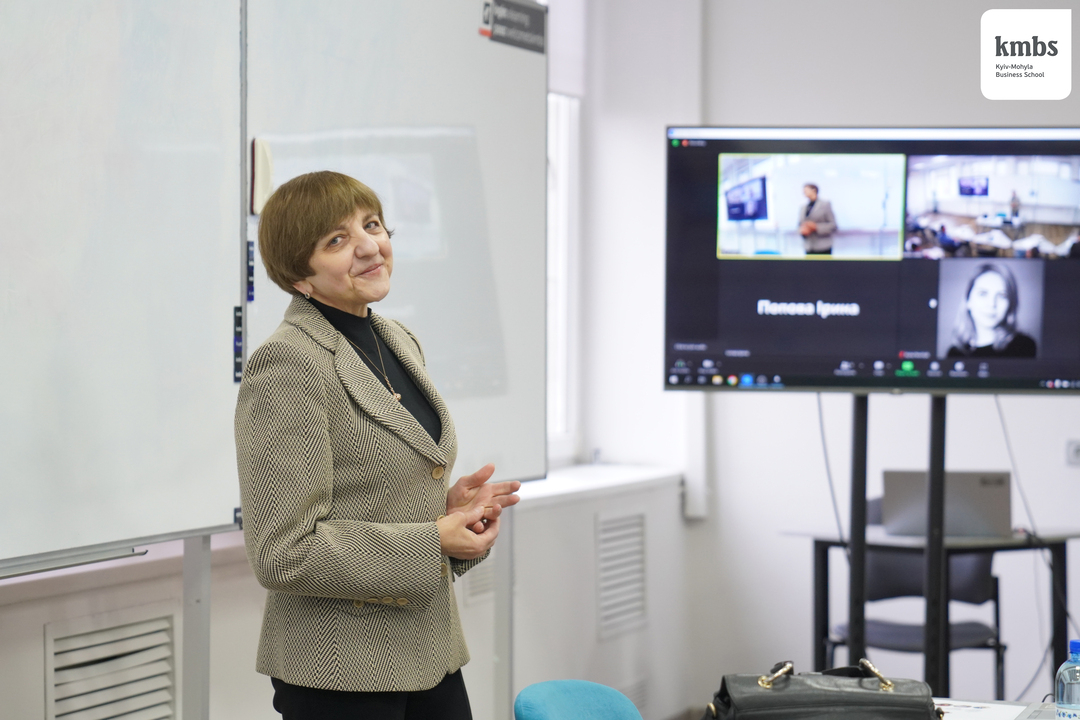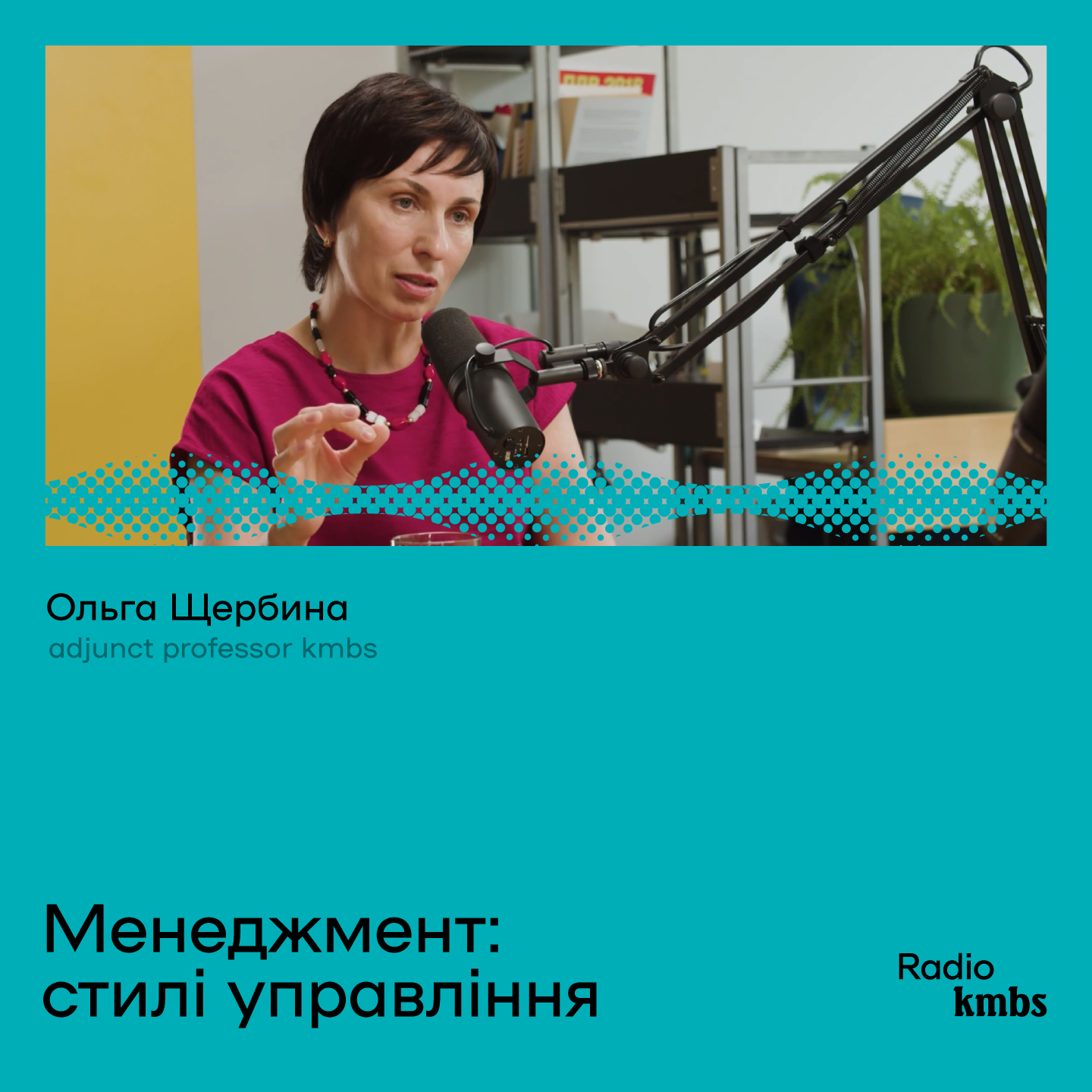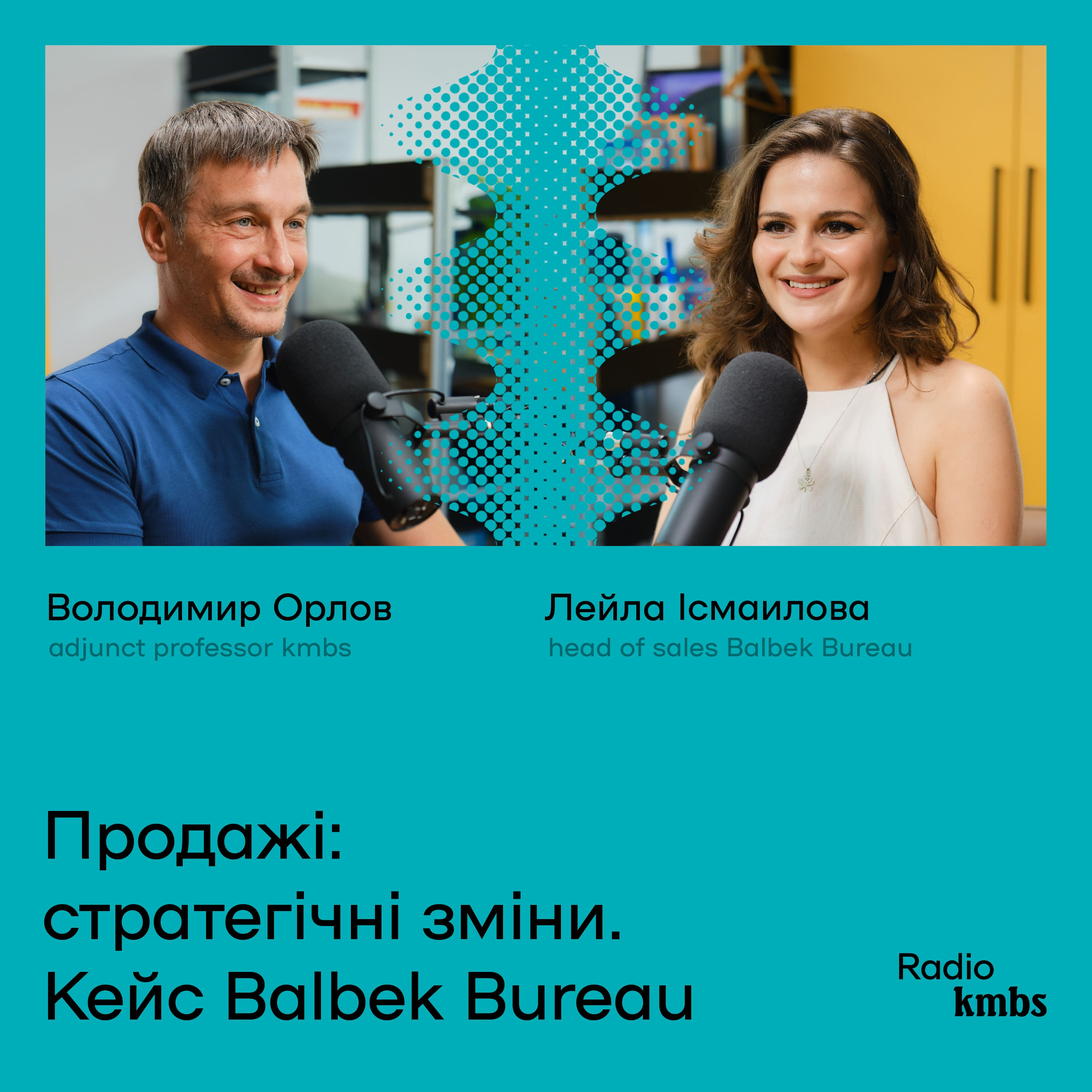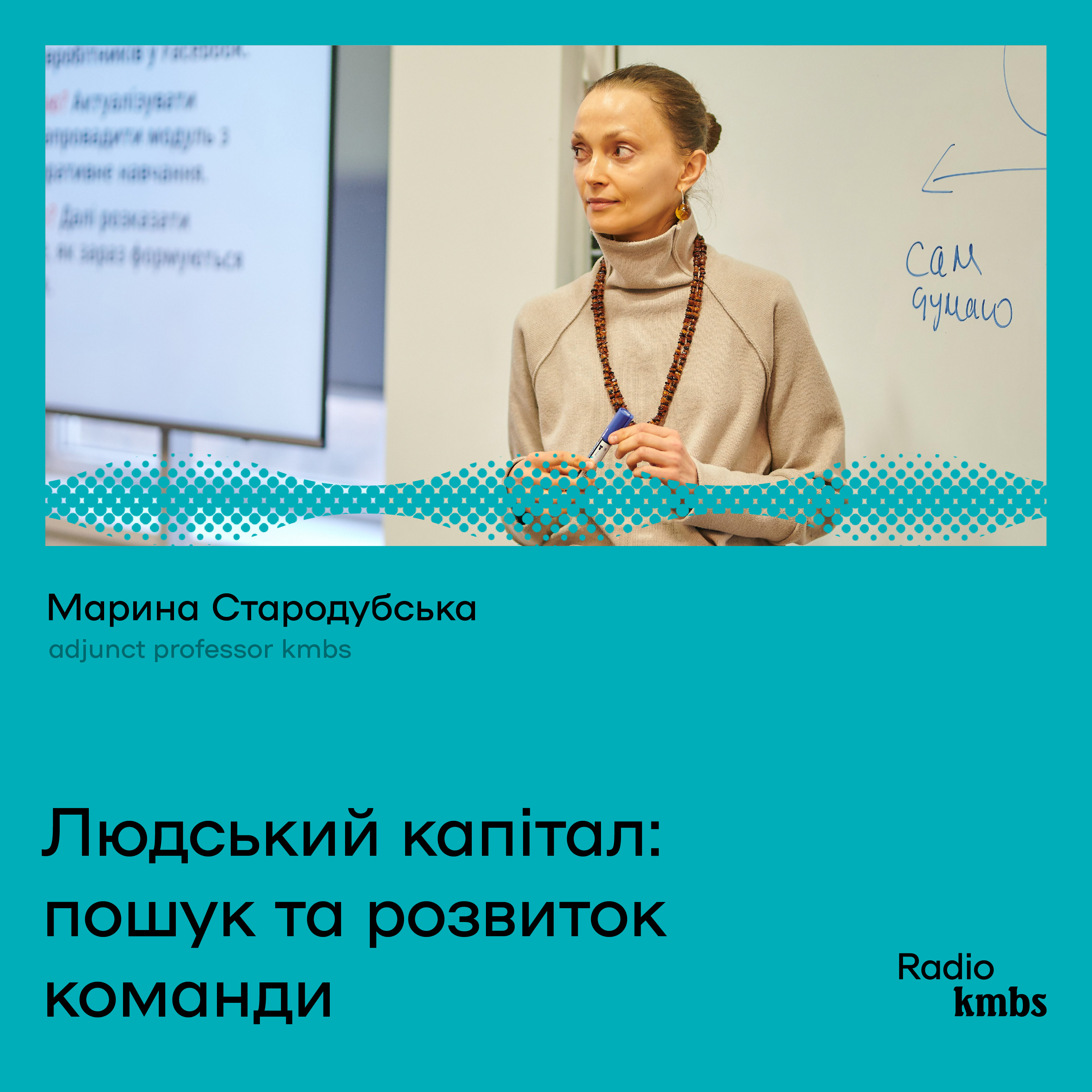"There has never been such a demand for classic Ukrainian literature as it is now," says Ukrainian scholar and literary critic Vira Ageyeva. — People are looking for their identity. In our country, it is primarily related to literature. We were a stateless nation, but we were a nation of words."
About marking "your" world
In the past, Pushkin monuments were used to mark the "Russian world." Therefore, Pushkinopad is primarily a process of getting rid of imperial markers. The question is who we will put in their place.
About the Ukrainian "window" to Europe
Unlike Peter I, who "cut" the Russian Empire's "window" to Europe, Ukraine did not need to do this because it was already Europe. However, at some point, this connection was forgotten.
The age of modernism can be considered the time of return to the European community.
Thus, Lesya Ukrainka returned two fundamental myths to Ukrainian culture with her work - antiquity and Christianity. These are the values on which the entire European civilization is based. She picked up this broken thread and returned the legacy of antiquity and Christianity to Ukrainian culture.
Lesya Ukrainka's poem "Cassandra" sounds perhaps the most relevant today - about a woman in defense of the city who knows that war is inevitable.
About the publication of Ukrainian works in the 19th century
All Ukrainian classics of the 19th century were published with patrons' money. Sometimes they had to resort to bribing the censors for Ukrainian works to be published.
By the Valuev circular of 1863 and later by the Ems decree of 1876 to supplement it, the publication of works in the Ukrainian language was banned almost wholly. However, the Old Community (an organization of the Ukrainian intelligentsia in Kyiv, engaged in public, cultural, and educational activities) began to create literary institutions and printing houses outside the empire and thereby support free Ukrainian speech.
Thus, on her initiative and support of the Poltava landowner Yelysaveta Myloradovych-Skoropadska, in 1873, the Literary Society named after Shevchenko, a printing house was started in Lviv at her expense. And the well-known today's novel by Panas Myrny, "Do the oxen roar when the Manger is Full?" was fully published in 1880 in Geneva with Mykhailo Drahomanov.
The ban on printing Ukrainian works was achieved only in 1905 after the revolution in the Russian Empire.
About the National Renaissance
The 20s of 20th century can be called a national renaissance. At this time, various styles and directions are represented in the literature. A full-fledged and diverse novel appears. Only in 1928 were five novels published that became canonical (in particular, "City" by Pidmohylny, "The Girl with a Bear" by Domontovych, etc.). The state had already emerged, so writers could finally be concerned with writing and its aesthetics.
About the Literary Discussion 1925–1928
Among the prerequisites of this phenomenon are the processes of Ukrainization that unfolded in the 20s, the development of Ukrainian theater and literature, the activities of the Academy of Sciences, etc. During the discussion, Mykola Khvylovy published several pamphlets defending the opinion that Ukrainian culture and literature should choose an independent development path and get out of imperial influence. It was within this discussion that the slogan "Get away from Moscow!" was born.
About the end of the Ukrainian Renaissance
At the end of the 1920s, the Soviet authorities fabricated a case about the allegedly anti-Soviet organization "Union for the Liberation of Ukraine, " including Ukrainian scientific and church intelligentsia. Its purpose was to discredit leading figures of Ukrainian culture and public life in Ukraine.
The trial of 45 of the most famous Ukrainian intellectuals, led by Academician Serhiy Yefremov, took place in the building of the Capital Opera House in Kharkiv from March 9 to April 19, 1930. The defendants were sentenced to imprisonment for one to ten years. Later, most of them died in Soviet concentration camps. According to some estimates, more than 30,000 people were arrested, destroyed, or exiled during and after the IED process.
Mykola Khvylovy committed suicide on May 13, 1933. This was the end of the Ukrainian Renaissance.
Thus, in 1933, the Soviet government established itself in Ukraine through riots and terror.
About the role of emigration
The history of Ukrainian literature of the 20th century shows that it is a living organism that cannot be destroyed. The Soviet authorities tried to cut it down by the roots, but it allowed young migratory sprouts (for example, the Prague School of Poets). They managed to preserve and confirm the durability of Ukrainian literature and Ukrainian ideology.
__________________________________________________
About the lecturer
Vira Ageyeva is a Ukrainian literary critic, one of the leading researchers of Ukrainian literature of the 20th century, and a professor at the Kyiv-Mohyla Academy National University.
In 1996, she received the Shevchenko Prize as a co-author of the textbook "History of Ukrainian Literature of the 20th Century" in two books (1995). In 2008, she was awarded the Petr Mohyla Prize for the monograph "Intellectual Prose of Viktor Petrov-Domontovych"."Researches the problems of stylistic differentiation of Ukrainian literature of the 20th century, features of the development of Ukrainian modernism, and shows interest in the feminist interpretation of texts.
Book recommendations of Vera Ageeva
1. Ivan Kotlyarevskyi "Aeneid"
2. Taras Shevchenko's "The Great Cellar," "My friendly message to my dead, living, and unborn compatriots in Ukraine and not in Ukraine."
3. Lesya Ukrainka "Forest Song," "Fireplace Owner," "Cassandra," "Odhershima."
4. Mykhailo Kotsyubynskyi's "Shadows of Forgotten Ancestors."
5. Olga Kobylyanska "Melancholy Waltz"
6. Mykola Khvylovy's "I (Romance)," "The Tale of the Sanatorium Zone."
7. Valerian Podmohylyny "City," "Untitled Story."
8. Viktor Domontovych's "Girl with a Bear," "Doctor Serafikus," and "Without Soil."
9. Valery Shevchuk's "Shadows are Gone" "Three leaves outside the window."
10. Oksana Zabuzhko "Field studies of Ukrainian sex," "Museum of abandoned secrets."
11. Serhiy Zhadan "Voroshilovgrad"










